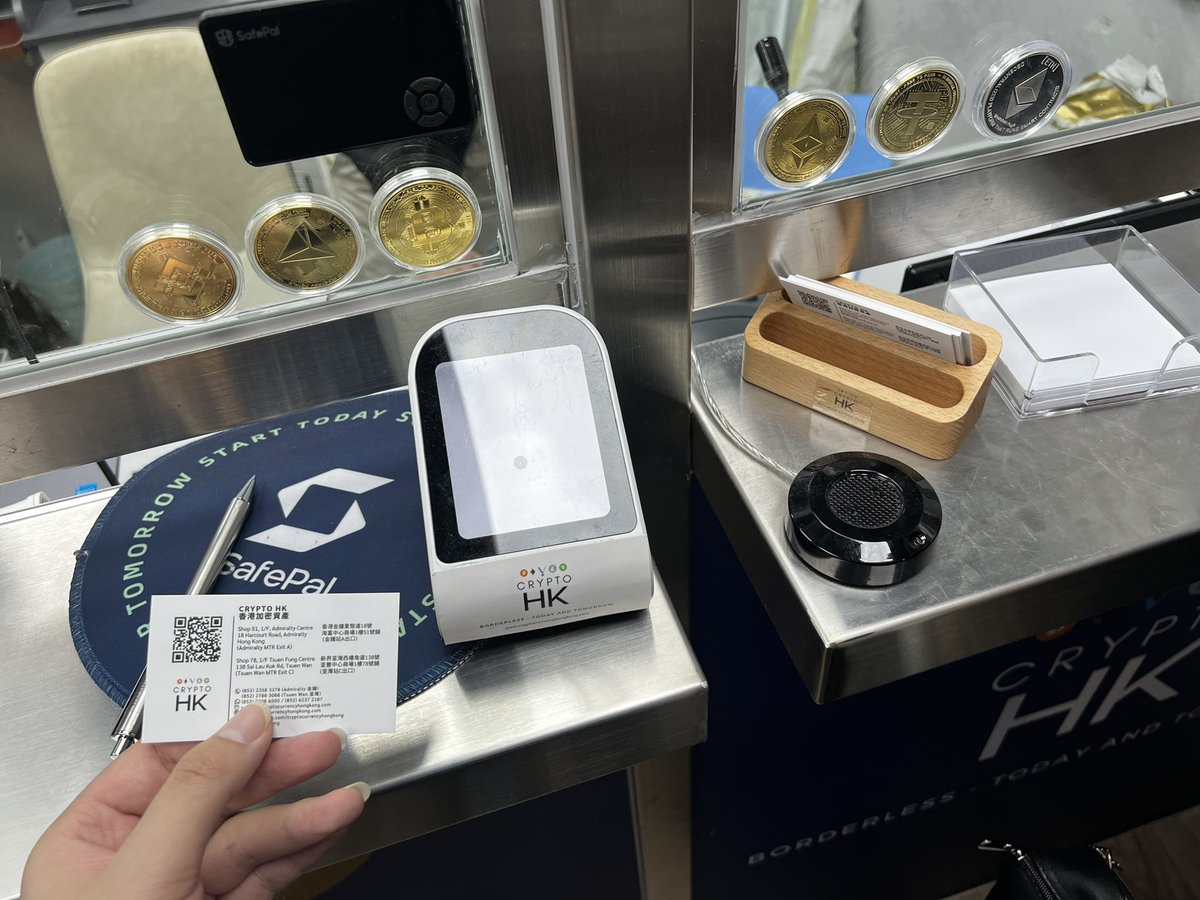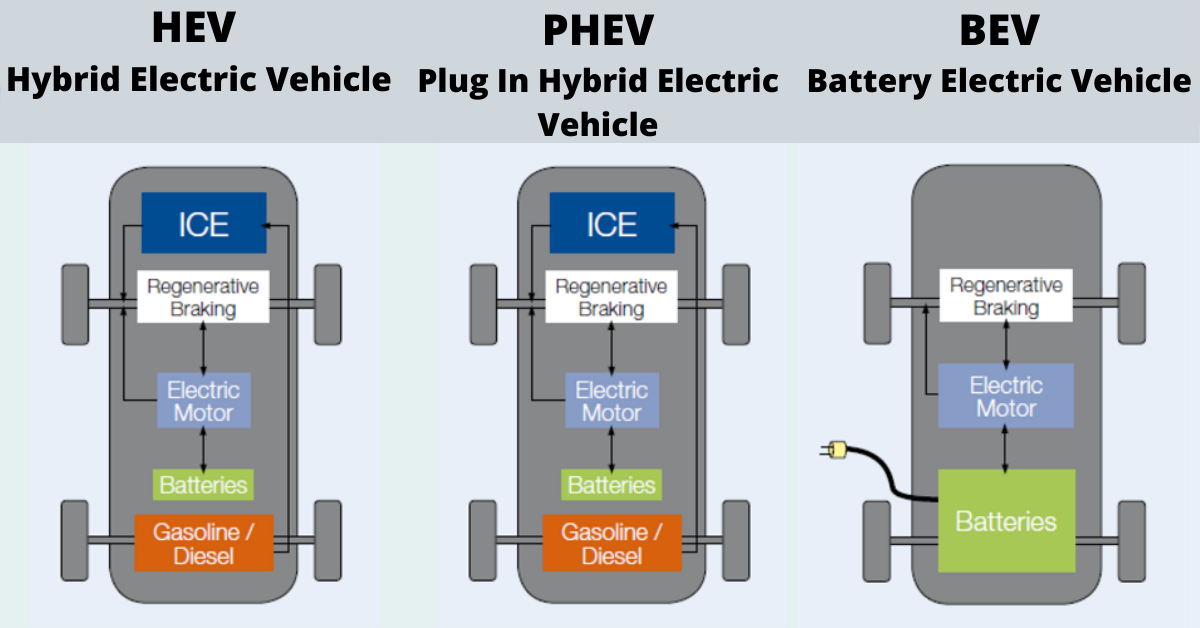
‘Made in HK’ Offers Great Value to the World, with Zero Tariffs
Hong Kong’s “Made in HK” label is gaining global attention for its high-quality products and zero-tariff advantage. As a free port, Hong Kong imposes no tariffs on imported or exported goods, making it a unique player in international trade. This policy allows businesses to save costs and offer competitive prices to global markets.
Historical Context of Hong Kong’s Manufacturing Industry
In the 1980s and 1990s, many factories moved from China to Hong Kong due to its favorable economic policies and free port status. This shift was driven by political and economic factors, including Hong Kong’s role as a gateway to global markets. During this period, industries like textiles, electronics, and toys thrived. However, as manufacturing shifted back to mainland China, Hong Kong adapted by focusing on high-value, innovative production.
The Impact of Zero Tariffs on Global Markets
Zero tariffs mean businesses can import raw materials and export finished goods without extra costs. This is especially valuable today, as the U.S. imposes high tariffs on Chinese goods. Hong Kong’s zero-tariff policy gives it a competitive edge, attracting companies looking to avoid heavy duties. For example, industries like electronics, pharmaceuticals, and luxury goods benefit from this policy, making “Made in HK” products more affordable globally.
Evolution of Hong Kong’s Manufacturing Sector
Hong Kong’s manufacturing sector is embracing “Industry 4.0,” which focuses on smart, high-value production using advanced technologies like automation and artificial intelligence. This shift reduces the need for large factory spaces and increases efficiency. In 2023, the value added of Hong Kong’s manufacturing and new industrialization-related industries grew by 7.6 percent to HK$76.8 billion, showing strong progress in this area.
Global Recognition and Economic Opportunities
Recent global events, like the Coldplay concert at Kai Tak, have put Hong Kong in the spotlight. This recognition boosts Hong Kong’s reputation as a hub for innovation and culture. The city’s diverse attractions, from its vibrant arts scene to its advanced infrastructure, attract talent and investment. International collaborations, such as partnerships with European and Asian companies, further strengthen Hong Kong’s position in the global market.
Challenges and Future Prospects
Despite its advantages, Hong Kong faces challenges like competition from other manufacturing hubs and geopolitical tensions. To address these, Hong Kong is investing in innovation and technology. Its universities are expanding outreach to foster international collaboration, and the city is positioning itself as a bridge between China and Europe amid U.S.-EU trade disputes. By leveraging its unique strengths, Hong Kong can continue to grow as a global manufacturing hub.



